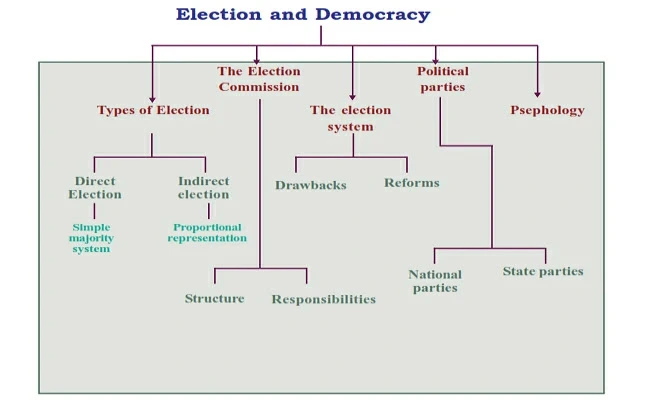![]() 1 Dec 2023
1 Dec 2023
Elections are a fundamental component of democratic societies, serving as a crucial mechanism for citizens to exercise their right to choose their representatives and leaders, Emphasizing the Importance of Election Process.

Merits |
Demerits |
|
|
|
|
|
|
|
Democratic elections are a cornerstone of democratic governance, enabling citizens to actively participate in shaping the direction of their nation and fostering a sense of legitimacy and accountability in the political process. India being a democratic country has importance of elections.
<div class="new-fform">
</div>